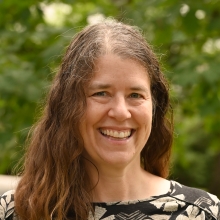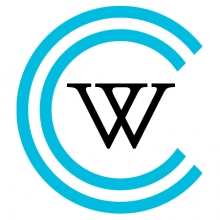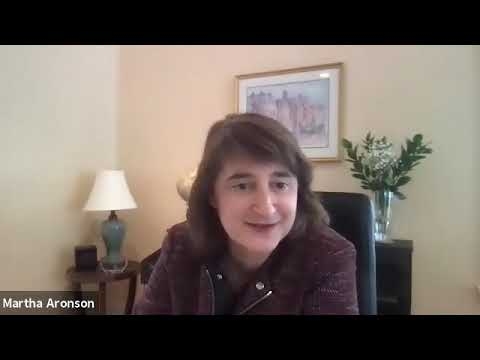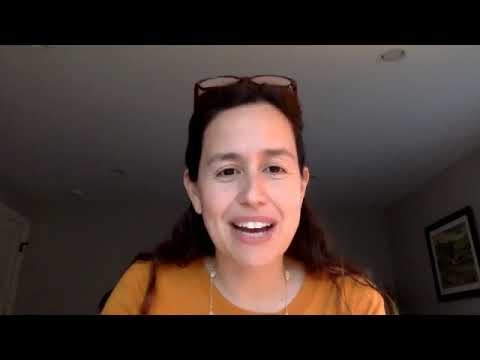Gaining Clinical Experience for Health Professions Schools

It is critical that you gain actual experience in a healthcare setting with healthcare professionals and patients before you make a decision about your future career. You need to be aware of the responsibilities, rewards, and challenges that you will face as a health professional. You also must begin to learn to feel comfortable working with people from all walks of life, whether as patients or as members of the health care team.
Physician Assistant

Physician assistants (PA) are medical professionals who diagnose illness, develop and manage treatment plans, prescribe medications, and often serve as a patient’s principal healthcare provider. Having thousands of hours of medical training, physician assistants are both versatile and collaborative and they can practice in every state and in every medical setting and specialty, improving healthcare access and quality.
Finding Summer Opportunities

Summers are a great time to explore interests. There are a vast number of opportunities to learn about and prepare for careers in the health professions.
Consulting
The word consulting encompasses a wide range of industries and professional job opportunities. To put it simply, a consultant provides “external advice for organizations that require specialist experience or an objective outside perspective on their business.” There are many different types of consulting that can be explored, including management, strategy, economics, healthcare, human resources, and technology. Likewise, there are endless opportunities in all types of industries that use consultants: from education to healthcare to the public sector, consulting can provide many opportunities for you to explore different industries or even just a specific field.
Speech-Language Pathology

Speech-language pathologists (SLPs) are healthcare professionals who diagnose and treat people with speech, language, communication, and swallowing disorders. They work with patients from all stages of life, including newborn babies with nursing difficulties, elementary school children with disabilities, adults with brain damage, and elderly people with dementia.
Pharmacy

Pharmacists are healthcare professionals who prepare and dispense prescription medications and advise patients and medical doctors on their safe, effective use. Pharmacists are medication experts and are knowledgeable about medications’ chemical structures, biological mechanisms, manufacturing processes, dosages, interactions, side effects, storage requirements, and more.
Audiology

An audiologist is a healthcare professional that works at identifying, assessing, and managing disorders of hearing, balance and other neural systems in patients of all ages. Part of their work can involve the selection, fit, and dispensation of hearing aids and other listening devices. Furthermore, audiologists can educate patients on the effects of noise on hearing and conduct research that helps to advance the identification, prevention, and management of hearing-related disorders.
Learn About Careers in Life Sciences

A career in the life sciences can include a broad range of companies, organizations, and foundations concerned with the study of living organisms, including biological sciences, botany, zoology, microbiology, physiology, biochemistry, and a number of related subjects. Employers may include biotechnology & pharmaceutical companies, academic institutions, healthcare organizations, foundations, and federal agencies. Most of the information on this page concerns non-patient facing options but there are opportunities to create career paths that merge patient and non-patient settings.
Genetic Counselor

Genetic Counselors (GCs) are healthcare professionals who work with people that have been diagnosed with an inheritable condition or may be at a higher risk of developing an inheritable condition. GCs are trained in both medical genetics and psychological counseling and work with individuals, their families, and other medical providers. They assess patients’ risk of disease based on their personal and family history, determine the genetic testing that may be appropriate for them, and interpret and communicate the results of that testing
Resources for Students & Alumnae of Distinct Populations (Preparing to Apply to Health Profession Schools)

A crucial topic in healthcare today is how to eliminate inequities in the quality and availability of medical care for ethnic, racial, social, and economic minorities. There is an urgent need to increase both the diversity and cultural competence of our health care workforce. Learn about resources for underrepresented students and alumnae across distinct populations.
Physical Therapy

Physical therapists (PTs) are healthcare professionals who treat people with injuries, illnesses, or disabilities to improve their movement, reduce pain, restore lost function, prevent future injury, reach fitness goals, and generally promote an active lifestyle. PTs are experts on the movement of the human body. They educate patients, recommend exercises for their specific situation, and provide hands-on care such as deep-tissue massages.
Prospective Wellesley Students Interested in Careers in the Health Professions

Thank you for considering Wellesley College for your undergraduate education. Here you will develop the skills of a liberal arts education, including critical thinking, problem solving, synthesis of information, and effective communication. These skills will serve you well throughout your lifetime, and are highly valued by health professions schools. As you explore your options, here are answers to some of the questions you may be asking:
Udall Scholarship (sophomores & juniors)

Supports a year of undergraduate study for American Indians and Alaska Natives working on an array of policy issues in Indian country or interested in pursuing health-related careers, or for students with demonstrated leadership, service, and commitment to issues related to conservation and environmental issues. Eligible are college sophomores and juniors who are US citizens, nationals, and permanent residents. Campus application deadline typically in early February.
Resources for Underrepresented Students and Alumnae Applying to Health Profession Schools

A crucial topic in healthcare today is how to eliminate inequities in the quality and availability of medical care for ethnic, racial, social, and economic minorities. There is an urgent need to increase both the diversity and cultural competence of our health care workforce.
Occupational Therapists

Occupational therapists (OTs) are healthcare professionals who treat people with injuries, illnesses, or disabilities to allow them to perform the tasks (also called occupations) that they need or want to do. OTs assess their patients’ needs and desires and work with them to create an individualized treatment plan that will allow them to reach their goals as independently as possible.
Arts Education
As a field, art education spans traditional K-12 art classrooms to university/college teaching and even to more community-oriented spaces, like museums, arts centers, and educational non-profits. This field even crosses over into healthcare in the form of vocational rehabilitation and art therapy programs.
Studying Abroad (Health Professions resource)

Health professions schools are interested in individuals who are broadly educated. Experiences such as study abroad may be particularly useful if you learn about and immerse yourself in the culture and people of the country in which you study.
Gaining Service Experience for Health Profession Schools

Becoming a health professional requires a true dedication to serving others. Often health professionals are asked to put the needs of their patients ahead of their own. Health professions schools want to see that applicants care enough for others that they are willing to volunteer their time to help them. They will be interested in seeing evidence of your service to your community since high school.




